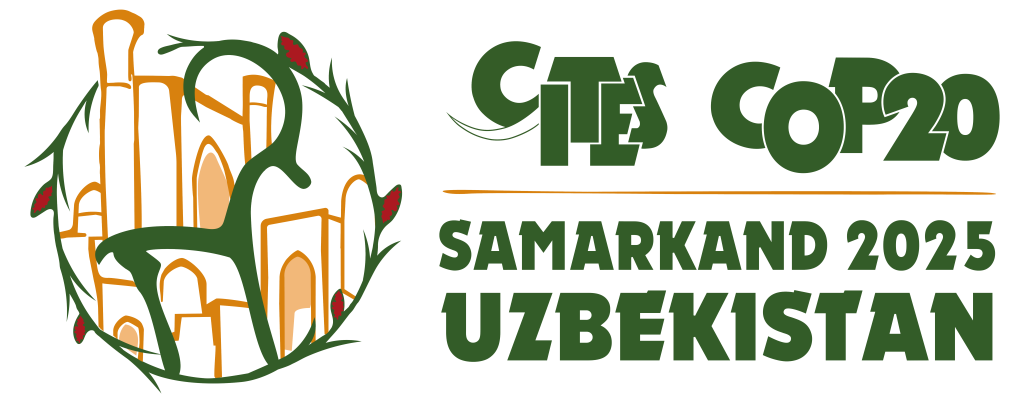USA
The American Cetacean Society (ACS) is a confederation of local chapters founded in 1967, which claims to be the first whale, dolphin, and porpoise conservation group in the world. Its co-founders, who originally wanted to farm whales to conquer world hunger, were Elizabeth ‘Bemi’ DeBus and, most notably, Dr. Clark Cameron (1922-2004). According to ACS’s website, it was Dr. Cameron who, in 1972, brought the need for a moratorium on whaling to the United Nations Environmental Conference, which subsequently voted 52-0 to support it.
The American Cetacean Society claims to represent Civil Society at the annual meetings of the International Whaling Commission (IWC). It also claims to have been instrumental in persuading the IWC to impose a moratorium on the commercial exploitation of whales in 1986. Describing how it works at IWC meetings, it says:
‘If a contracting government’s position is ‘on the fence’ with regard to an issue on which a vote may be called on the Commission floor, the [ACS] representative makes every attempt to contact the delegate/commissioner of that nation in an attempt to present facts and discuss issues leading to a vote in favor of conservation of whale stocks.’
The American Cetacean Society is a founding member of the coalition body Whales Need Us. This coalition supports, in its words, ‘maintaining the moratorium on commercial hunting established in 1986; strengthening and enforcing IWC policies upon which whaling regulations and decisions are made; and persuading the U.S Government to assume a lead role in ending commercial and scientific whaling worldwide’.
Leaders
Each chapter of ACS has its own leader.
Governance
Uko Gorter is National ACS President and President of the ACS Puget Sound Chapter.
Finances
Less than USD50,000 per year.



